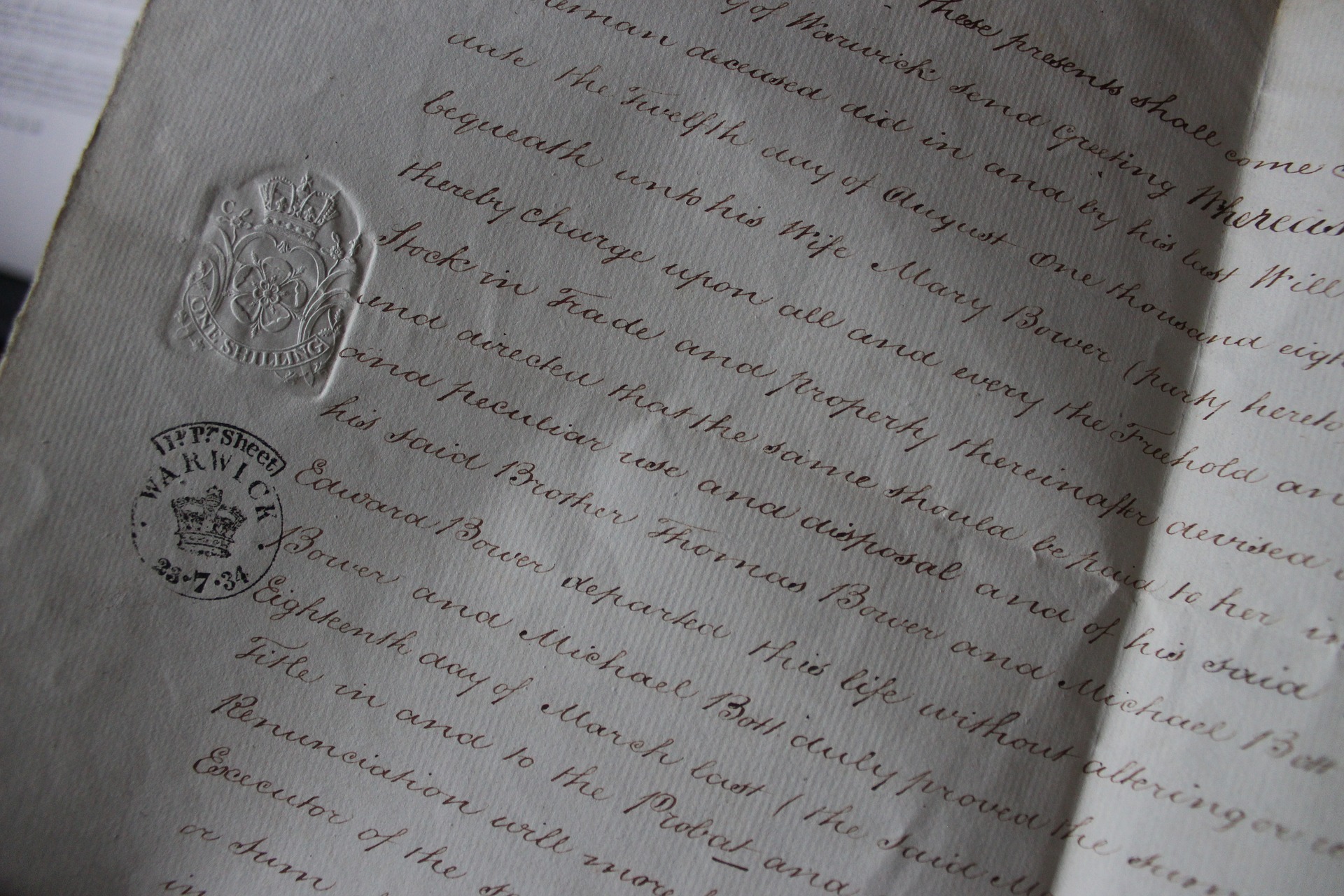
24 Jul Beware of wills
Today, the customer who wants to transfer a large sum receives a phone call from two people of his bank, according to a procedure called “call-back”. Not only to make sure that it is the client who is behind the instruction, but also to understand the economic background of the transaction. The bank asks questions, many questions.
When it comes to making a will, which could relate to an entire family fortune accumulated by several generations, as well as to income that has not even been realized yet, it is possible to go through a much lighter procedure, than that described above.
Theoretically, any person can fix an appointment with a public notary, to appear alone or with the person who influences the testator, and to write the last sentence of the will in the presence of the notary, to respect the holographic form required by the law. No need for witnesses in this case.
For the severely physically disabled testator, the notary has the will written on a computer and reads the text aloud (a public will) before obtaining the client’s signature.
If nothing in the will is against the law, the notary validates the will and usually asks two of his employees, who did not attend the meeting with the client, to be witnesses. The role of the witnesses is only to ensure that the client appears to them “able to dispose”. (Note that in France, the notary’s clerk can not witness his employer’s testamentary deeds.)
In half an hour, the trick is played. The fate of an entire family, over several generations to come, could be endangered by a single punctual act of one of its members, in a moment of distraction or distress.
In the name of personal freedom, individuals under influence may unfairly divert their fortune from their families with the blessing of the law..
each year the courts deal with dozens and dozens of cases of wills disputes, which proves the shortcomings and insufficiency of the current legal system.
Although notaries are considered to be paralegals, they are primarily economic agents in most cantons. A notary cannot refuse to collect the will of a person, even if he or she is very suffering psychically and/or physically, the only condition is to be “able to dispose”. In case a conscientious notary refuses to proceed, his client could easily find ten other notaries on the territory of his canton, or elsewhere in Switzerland, who would accept the same will without procrastination.
In addition, in the absence of an executor chosen by the client, the notary occupies this role, which reinforces and increases the commercial nature of the testamentary “transaction”.
Marriages are signed in the presence of a public registrar, why should not a will be?
In August 2018, the Federal Council submitted a bill to Parliament, which should grant more liberties to the wills’ writers. The minimum shares reserved for legal heirs should decrease. The objective is to favor the survivor in a couple without marriage.
Descendants should have their reserve share drop from 75% to 50% of the estate, if the spouse is already dead, and 3/8 to a 1/4 if there is a spouse. Parents would no longer have a right to a reserve!
Thus, the Federal Council does not take into account the financial sacrifices of parents to raise and educate their children and wishes to remove them from the list of heirs. I hope that Parliament will not be so ungrateful with the parents, to the point of disinheriting them.
The time may have finally come to review the current system that governs wills and evolve the role of the notary. The presence of a registrar as the main witness is not a luxury, but rather a necessity, to reduce disputes between heirs. It is appropriate to ask questions to the testator, all questions. In the event of conflict, it is essential that justice understand the context and the exact circumstances surrounding the filing of a will.



No Comments